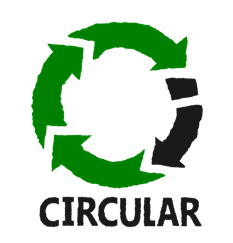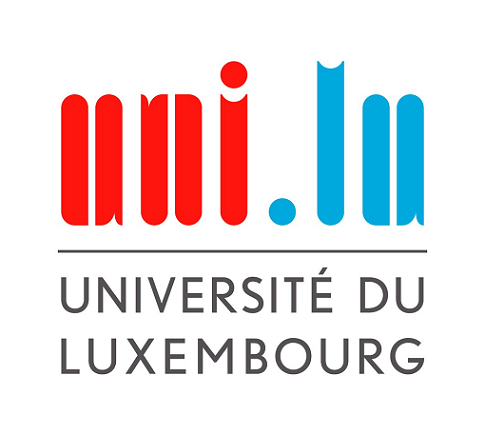The CIRCULAR project will investigate two case study regions: The Grand-Duchy of Luxembourg and the Swedish county of Västra Götaland. Both regions are subject to EU policies and regulation and therefore offer an opportunity for scrutinizing spatial particularities within a similar setting. The two regions also share structural similarities in their industrial past with background in traditional manufacturing and ongoing processes of restructuring their industries. Another commonality is that the regions have recently launched a variety of initiatives with the aim of fostering Circular Economy.
Luxembourg - Sweden
Case Study Regions
Grand Duchy of Luxembourg
Capital: Luxembourg (114 090 inhabitants in 2016)
Area: 2 586 km²
Population: 590 667 (2016)
The government of Luxembourg has initiated several projects focusing on Circular Economy in recent years. These include the development of an Eco-Innovation Cluster, a strategy program for a third industrial revolution developed in cooperation with Professor Jeremy Rifkin as well as other initiatives and reports for promoting innovation and Circular Economy in general. This emphasis on the Circular Economy in Luxembourg gave the country ranking number six in the Eco-innovation scoreboard (Eco-IS) in 2015.
Västra Götaland, Sweden
Regional center: Gothenburg (Götaborg, 556 640 inhabitants in 2016)
Area: 23 800 km2
Population: 1 671 783 (2016)
The Swedish region of Västra Götaland is currently running a number of Circular Economic focused initiatives. Mostly these initiatives focus around the themes of buildings and Urban environment, such as the River City project in Gothenburg, circularity and the use of renewable energy, notably the CELCIUS project where Gothenburg is a lead partner, and reuse of materials including a project for more resource efficient and circular recycling of vehicles. Further, these regional initiatives are supported by a national Swedish plan of action for implementation of Circular Economy as well as innovation towards circular principals.
Sweden currently ranks number 5 in the Eco-innovation scoreboard (Eco-IS) in 2015.

